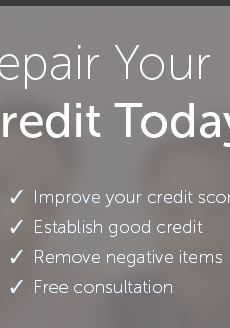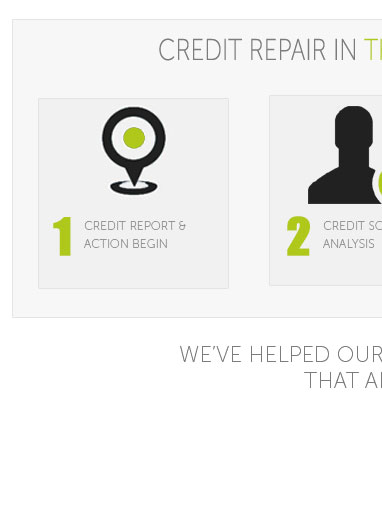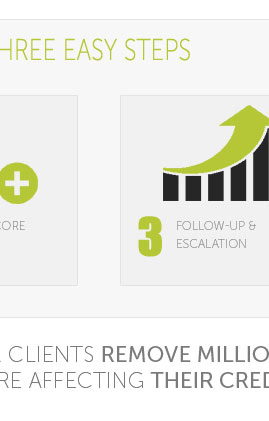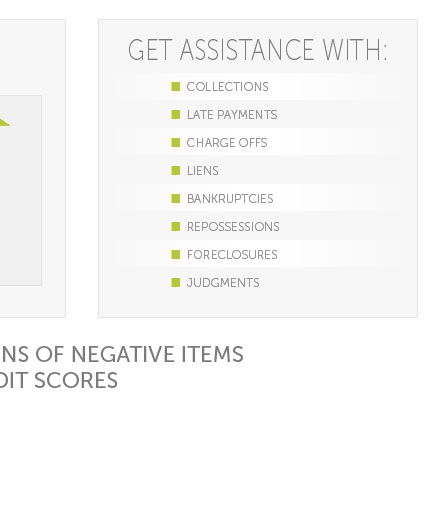 |
|||
|---|---|---|---|
 |
 |
 |
|---|---|---|
 |
||
 |
 |
 |
 |
|---|---|---|
 |
How to Fix Your Own Credit: A Comprehensive Guide
Improving your credit score is not just a financial goal; it’s a pivotal step towards greater financial freedom and stability. Whether you dream of owning a home, securing a low-interest loan, or simply want peace of mind, a good credit score can make a substantial difference. Many people ask, 'How can I fix my own credit?' Well, the good news is that you don't necessarily need to hire a professional service to improve your credit score. With diligence, persistence, and informed strategies, you can effectively manage and enhance your credit profile on your own. Here's a step-by-step guide to help you navigate this journey.
Understand Your Credit Report
The first step in fixing your credit is to understand what’s on your credit report. Request a free copy of your credit report from each of the three major credit bureaus: Equifax, Experian, and TransUnion. Review your reports thoroughly to identify any inaccuracies, errors, or outdated information. Common errors include incorrect personal information, duplicate accounts, and inaccurate account statuses. If you find any discrepancies, dispute them immediately. You can do this online through each bureau’s website, and they are required by law to investigate your claims within 30 days.
Pay Your Bills on Time
One of the most influential factors in your credit score is your payment history. Consistently paying your bills on time is crucial. Late payments can have a significant negative impact on your score. To avoid missing payments, consider setting up automatic payments or reminders. If you have past due accounts, bring them current as soon as possible. Remember, even if you’re in a tight financial situation, paying the minimum amount on time is better than missing a payment altogether.
Reduce Your Debt-to-Credit Ratio
Your debt-to-credit ratio, also known as credit utilization, is the amount of credit you’re using compared to your total credit limit. Ideally, you should aim to keep this ratio below 30%. If you have high balances, work on paying them down. Start with credit cards with the highest interest rates to save money in the long run. As you pay down your balances, avoid the temptation to close unused credit card accounts as they contribute to your overall credit limit, helping to keep your utilization ratio low.
Avoid New Hard Inquiries
When you apply for new credit, lenders perform a hard inquiry to check your creditworthiness. Too many hard inquiries in a short period can lower your credit score. Be strategic about when you apply for new credit. If you’re shopping for a loan, such as a mortgage or auto loan, try to do so within a short window. Credit scoring models often treat multiple inquiries for the same type of loan as a single inquiry if done within a specific time frame.
Consider a Secured Credit Card
If you’re having trouble getting approved for traditional credit cards, a secured credit card might be a viable option. Secured cards require a cash deposit that serves as your credit limit. They’re easier to obtain and can help you build or rebuild your credit. Use the card responsibly, making small purchases and paying the balance in full each month, to establish a positive payment history.
Seek Professional Advice if Necessary
While it’s entirely possible to fix your credit on your own, there might be situations where professional guidance is beneficial, especially if you’re dealing with complex issues like identity theft or legal judgments. Credit counseling services can offer advice and help you develop a plan to manage your debt. Be sure to choose a reputable agency accredited by the National Foundation for Credit Counseling or the Financial Counseling Association of America.
Final Thoughts
Fixing your credit is a marathon, not a sprint. It requires patience, discipline, and a commitment to making sound financial decisions. By understanding your credit report, maintaining a good payment history, managing your debt, and making informed choices about credit, you can take significant strides towards improving your credit score. While the journey may seem daunting, the benefits of having a strong credit profile are well worth the effort. After all, in the grand scheme of personal finance, your credit score is more than just a number; it’s a reflection of your financial health and responsibility. So, take charge today and set yourself on the path to a brighter financial future.
Ready to Buy a House & You Don't Know Where to Start? Start Here! My FREE Download: https://bit.ly/3QWqfbq Do Not Buy a House without My ...
Credit repair, which involves disputing unsubstantiated or inaccurate information on your credit report, can be used to address a collection if ...
You cannot remove correctly reported negative information on your credit reports. - Focus on building positive history on top of negative marks.